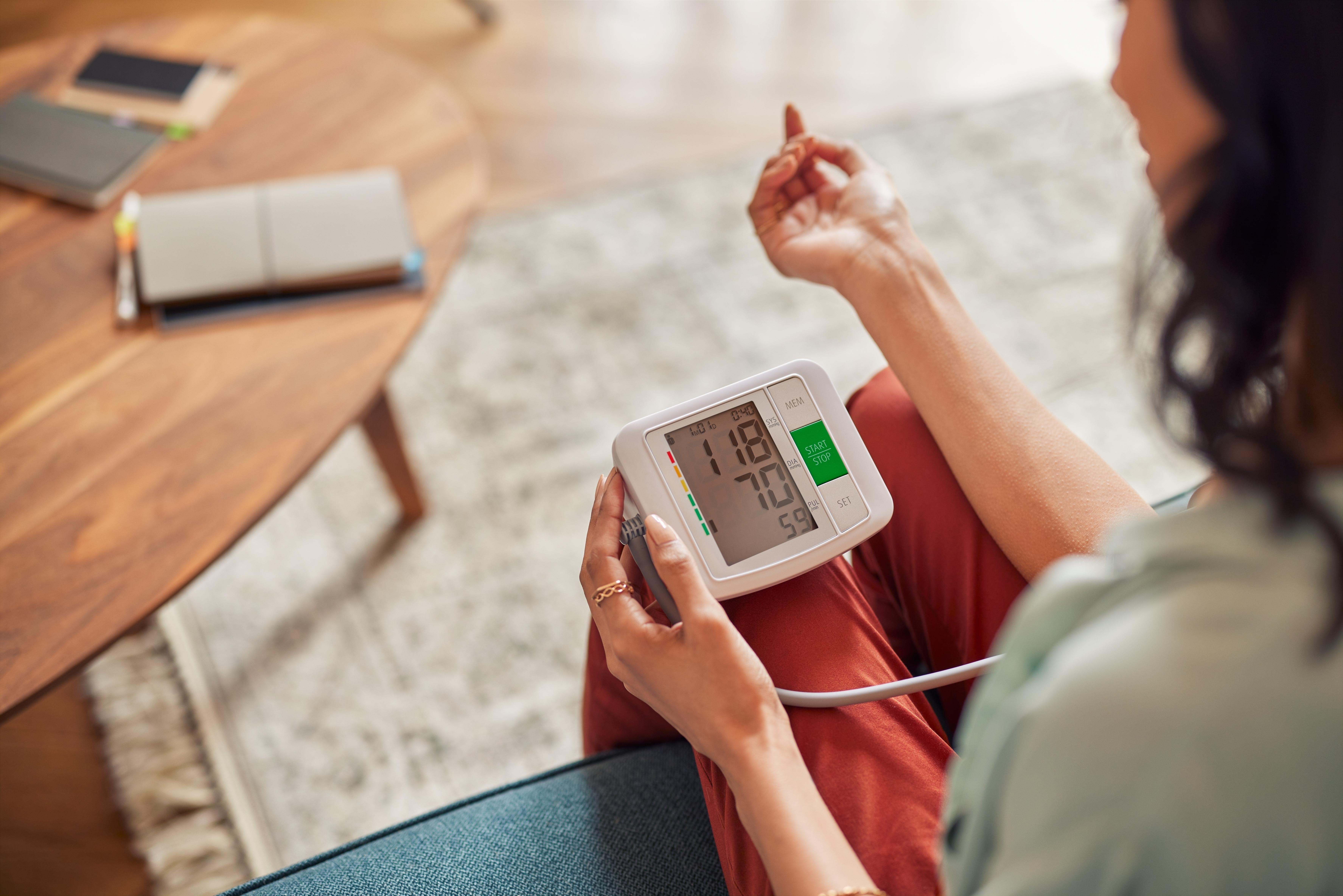14 Preventative Health Checks That Could Save Your Life in the Next Decade
In today's fast-paced world, maintaining health and vitality often takes a backseat to the demands of daily life. Yet, the importance of routine health checks cannot be overstated. A proactive approach to health through regular screenings can be a true lifesaver, ensuring not only longevity but also a quality of life filled with energy and vitality. This article delves into 14 preventative health checks that serve as the cornerstone for a decade of wellness. Each section will explore a specific health check, highlighting its significance, the science behind it, and the benefits of early detection and intervention. By understanding and integrating these checks into your healthcare routine, you can pave the way for a healthier, more vibrant future.
1. Blood Pressure Monitoring: The Silent Guardian

High blood pressure, often dubbed the "silent killer," can lead to serious health complications if left unchecked. Regular monitoring is crucial as it can help detect hypertension early, allowing for timely intervention. Blood pressure checks provide insight into your cardiovascular health, revealing potential risks for heart disease and stroke. By keeping track of your blood pressure numbers, you can work with your healthcare provider to implement lifestyle changes or medications that can significantly reduce your risk. Understanding the factors that contribute to high blood pressure, such as diet, stress, and genetics, empowers you to make informed decisions about your health.
2. Cholesterol Levels: Balancing the Good and the Bad

Cholesterol plays a vital role in your body's functioning, but an imbalance can lead to serious health issues. Regular cholesterol screenings help identify levels of HDL (good cholesterol) and LDL (bad cholesterol) in your blood. High levels of LDL cholesterol can lead to plaque buildup in your arteries, increasing the risk of heart disease and stroke. By monitoring your cholesterol levels, you can take proactive steps to maintain a healthy balance through diet, exercise, and, if necessary, medication. Understanding the role of cholesterol in your body and how lifestyle choices impact these levels is crucial for long-term cardiovascular health.
